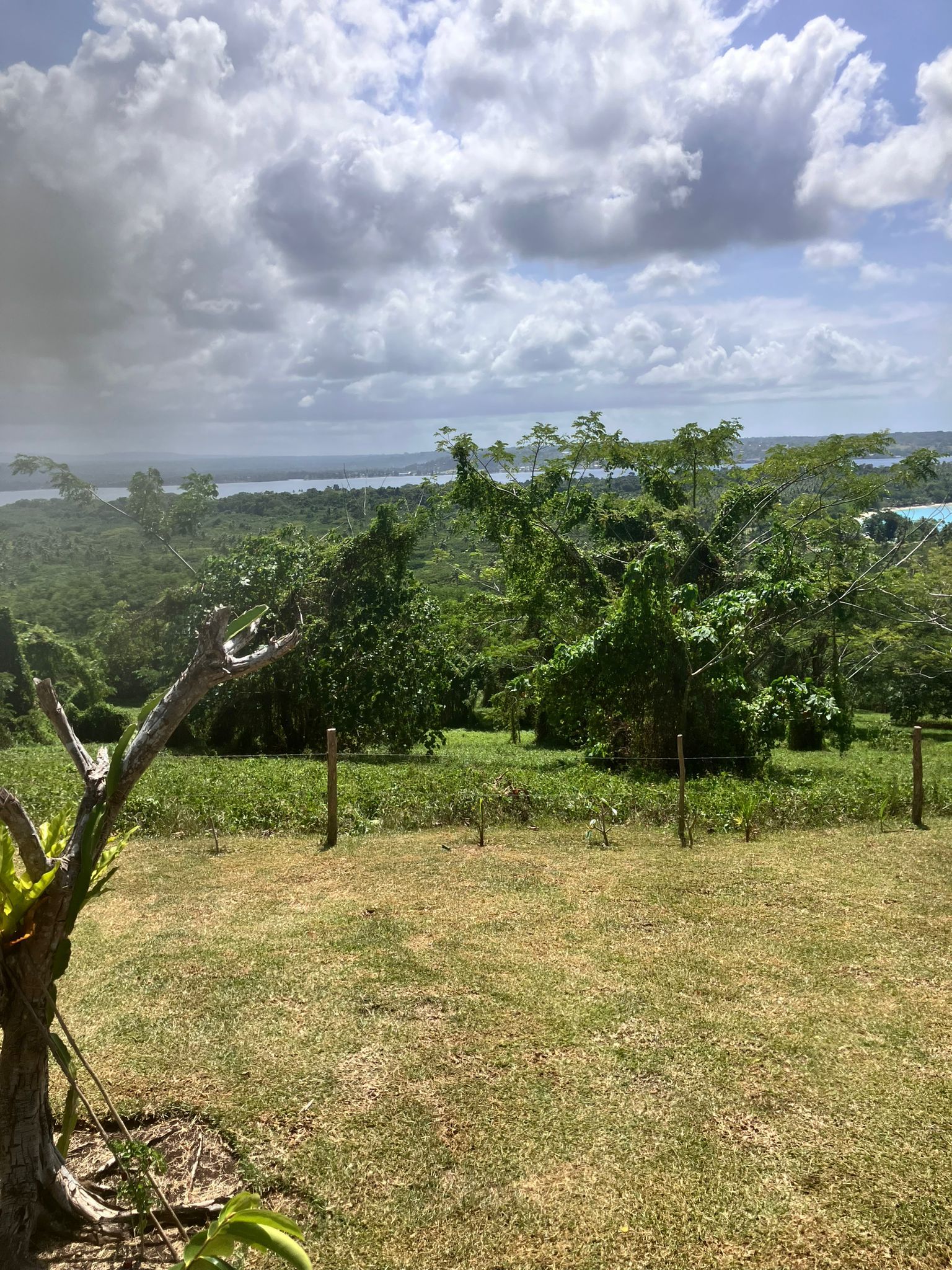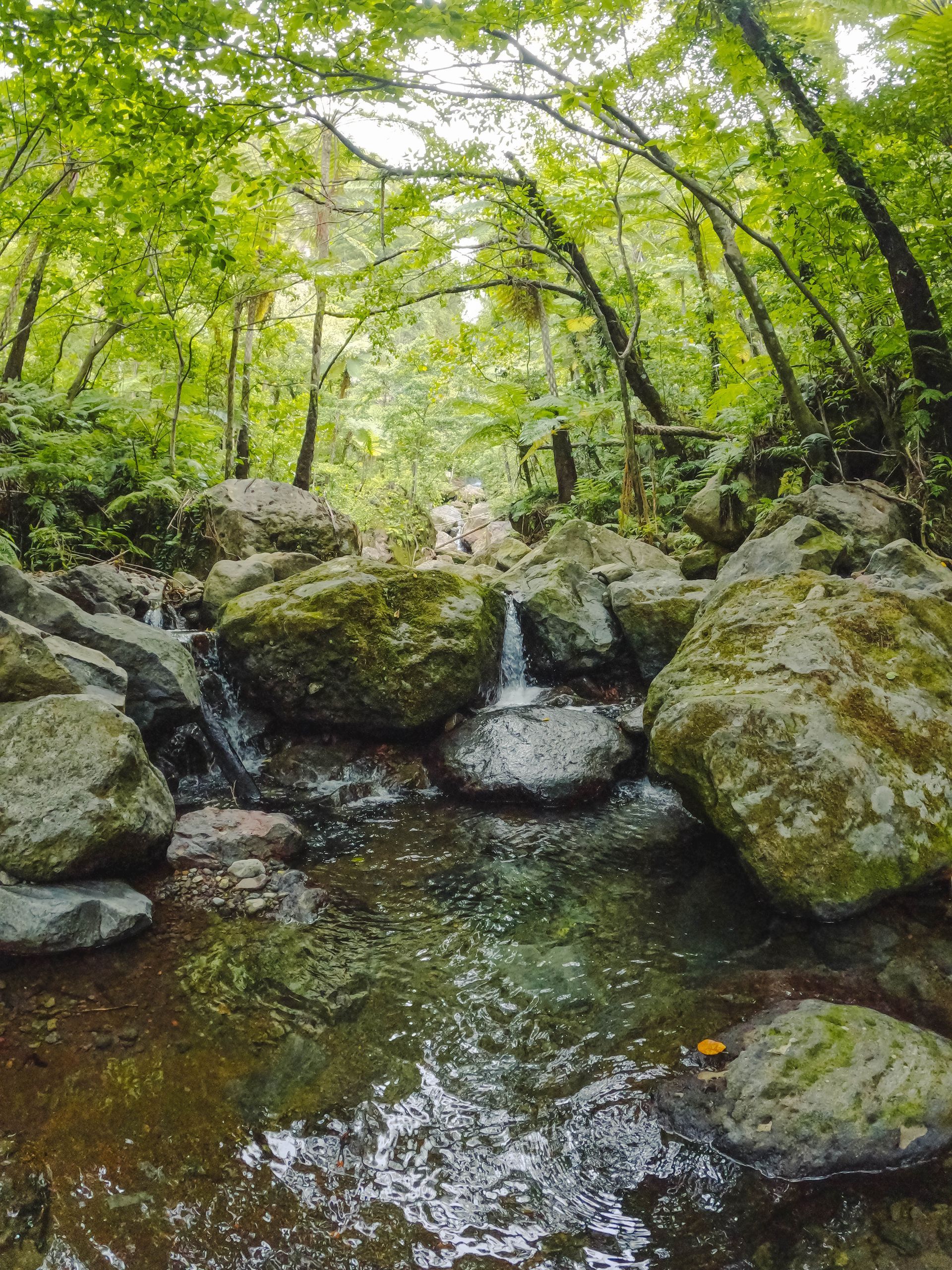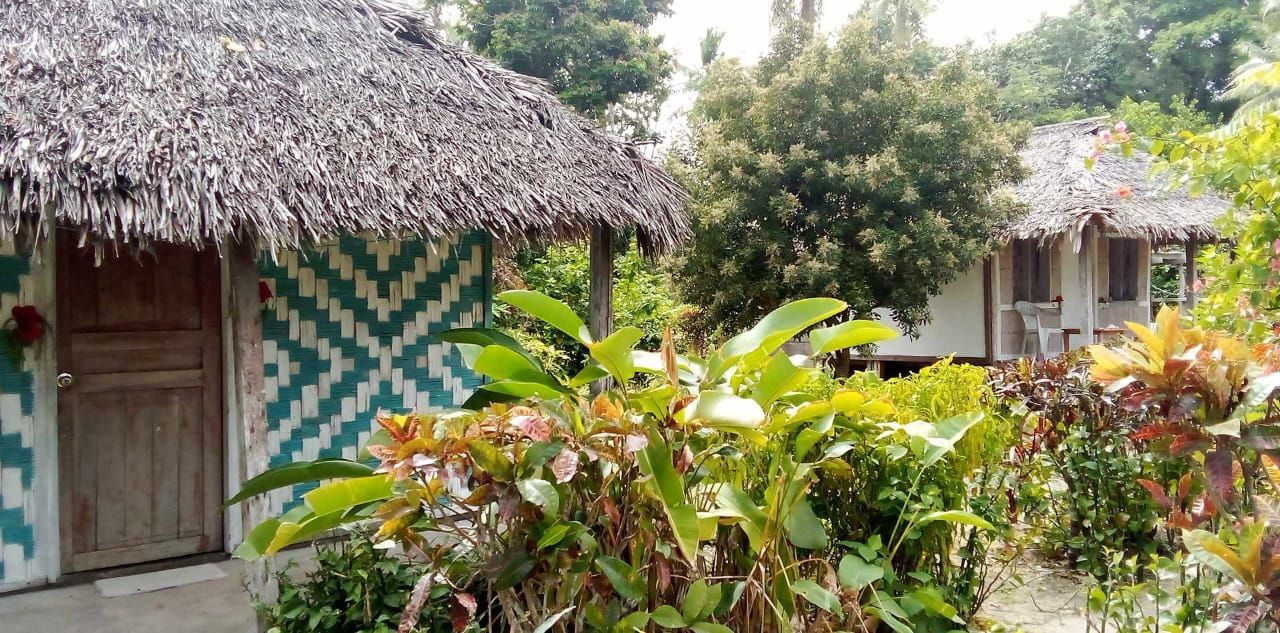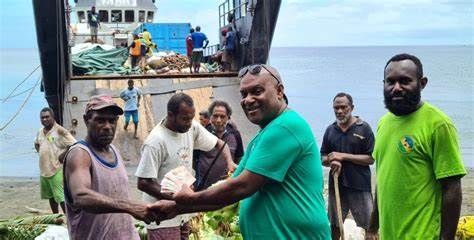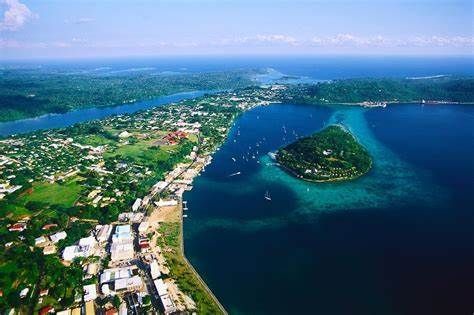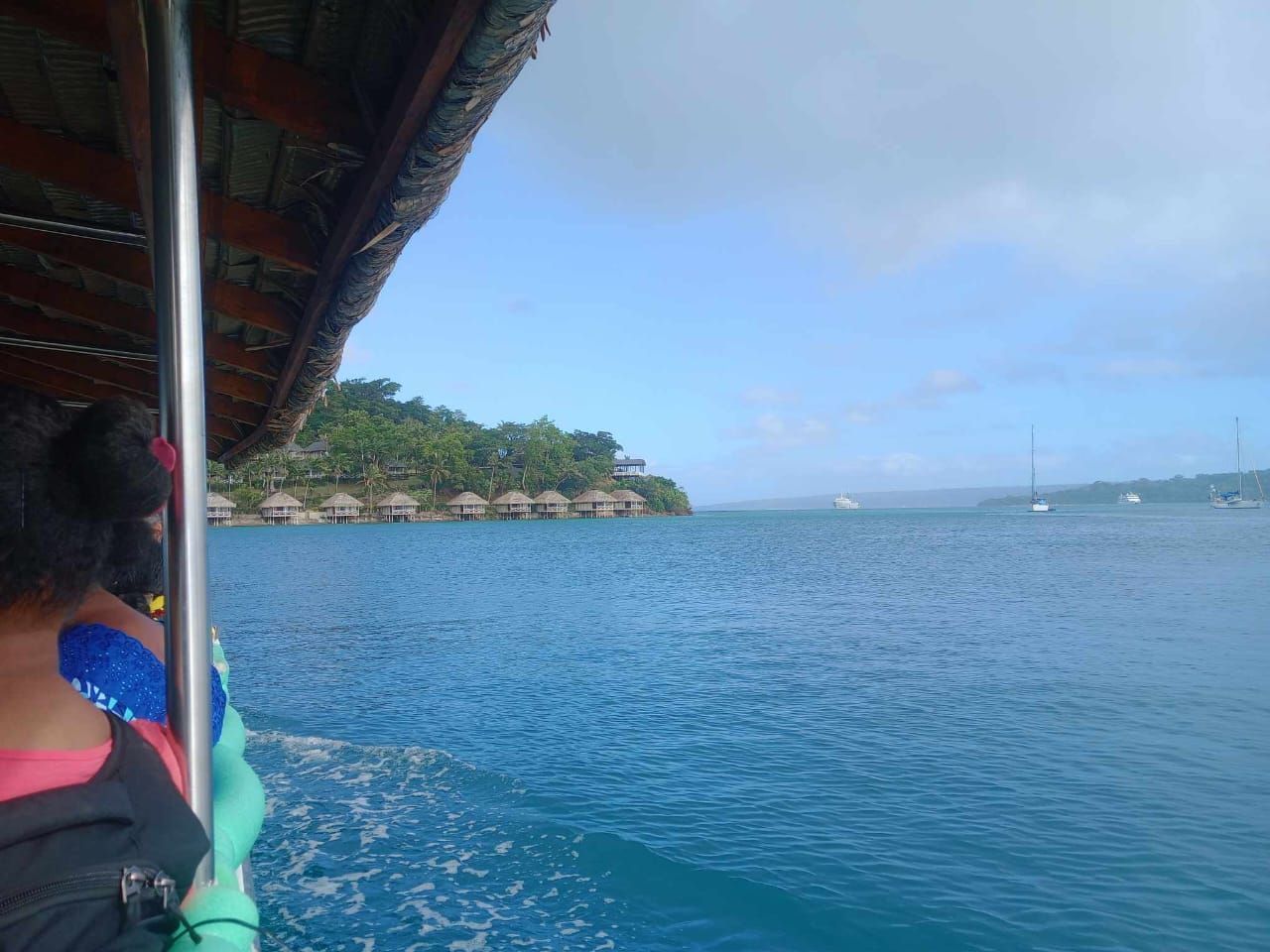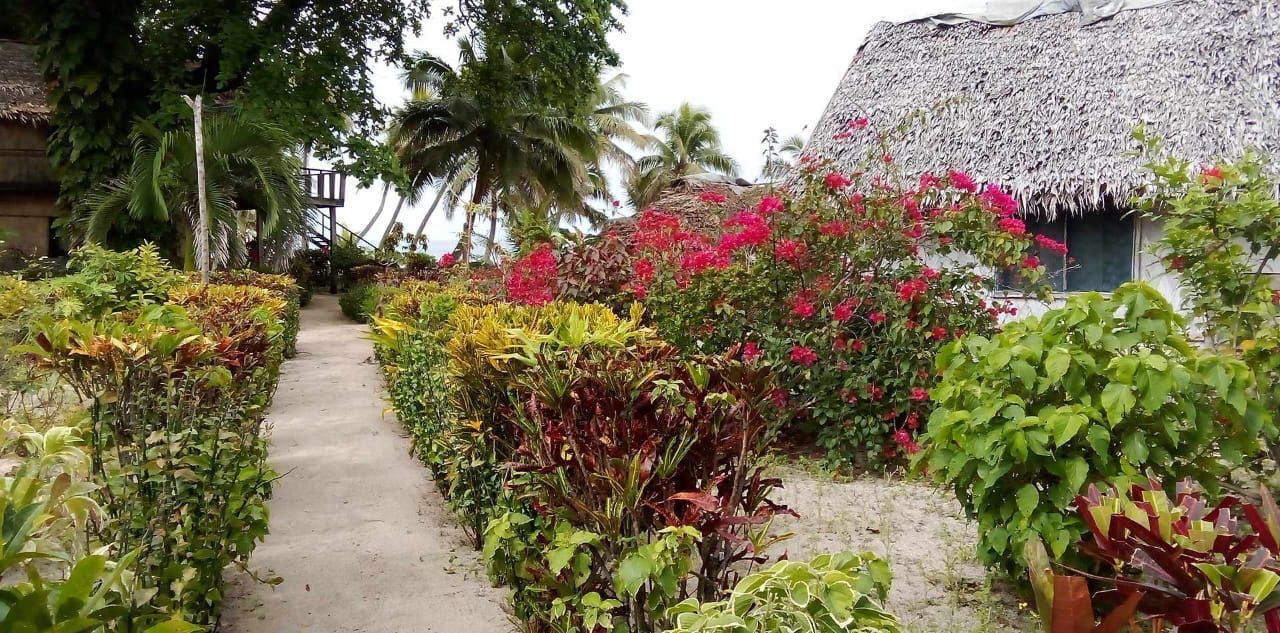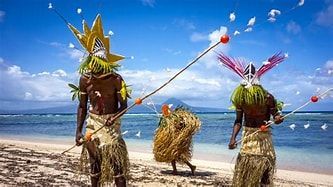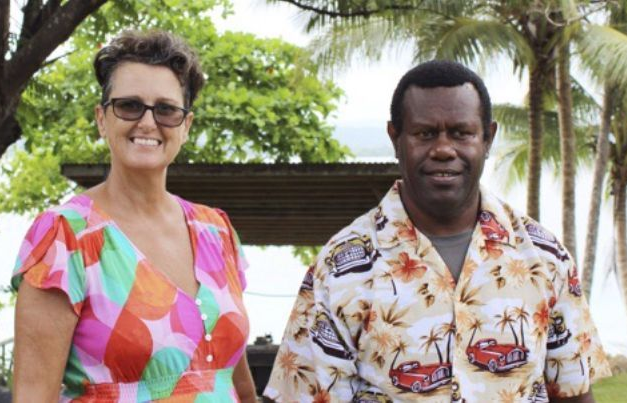"Exploring Opportunities and Considerations for Successful Real Estate Ventures in Vanuatu"
Real Estate Investment in Vanuatu: What You Need to Know
When it comes to exotic locales for real estate investment, Vanuatu stands out as an enticing option. Nestled in the South Pacific Ocean, this archipelago boasts stunning landscapes, pristine beaches, and a rich cultural heritage. With its growing economy and increasing interest from foreign investors, Vanuatu presents unique opportunities and challenges. In this blog, we’ll explore what you need to know about investing in real estate in this beautiful island nation.
Understanding the Market
Vanuatu comprises around 83 islands, with a population of approximately 300,000. The most developed islands for real estate include Efate (home to the capital city, Port Vila) and Tanna, which is known for its active volcano. The real estate market here offers a blend of residential, commercial, and tourism-related properties. Recently, the government’s focus on improving infrastructure and boosting tourism has further spurred interest in the real estate sector.
Legal Framework for Foreign Investors
One of the most pivotal steps for foreign investors is understanding the legal framework governing property ownership. In Vanuatu, foreign nationals are not allowed to own land outright; however, they can secure long-term leases (usually up to 75 years), which can be registered. Investors typically obtain a leasehold interest in the property, allowing them to enjoy control and utilization rights similar to ownership.
In addition, the Vanuatu government’s policies around foreign investment are relatively liberal compared to some of its Pacific neighbors. However, it is essential to consult with local legal advisors to navigate the regulatory environment effectively, particularly surrounding property rights, taxes, and potential restrictions.
Tax Benefits and Incentives
Vanuatu is known for its favorable tax regime, which is a significant draw for foreign investors. The nation has no capital gains tax, no inheritance tax, and comparatively low income tax rates, making it an attractive location for investment. The absence of these taxes often leads to higher returns on investments compared to other countries.
Moreover, the government offers incentives for tourism-related developments, such as hotels and resorts, to boost the economy. Investors can benefit from reduced tax rates or other financial incentives if they contribute significantly to local employment and infrastructure development.
Diversification Opportunities
The Vanuatu real estate market presents several diversification opportunities for investors. With its growing economy primarily driven by tourism and agriculture, properties catering to these sectors can yield lucrative returns.
1.Tourism Rentals: The demand for vacation rentals has surged, particularly in popular tourist destinations like Port Vila and Espiritu Santo. Investing in residential properties for short-term rentals can capitalize on this demand
2.Commercial Real Estate: As expatriates and businesses look to establish a presence in Vanuatu, investing in commercial real estate such as office spaces and retail properties can be lucrative.
3.Developing Resorts: With Vanuatu’s breathtaking natural beauty, developing eco-friendly resorts can attract both tourists and incentives from the government. Such projects can benefit from a booming tourism industry, offering high potential returns.
Cultural Considerations
Investing in real estate in Vanuatu isn’t just about financial returns; it’s also about understanding and respecting the local culture. The ni-Vanuatu people are known for their hospitality, and building positive relationships with local communities can enhance your investment experience.
As a foreign investor, engaging with local customs and practices can lead to better reception by the community and can provide easier navigation through the complexities of local regulations. Additionally, consider incorporating sustainable practices into your developments. With Vanuatu’s rich biodiversity, promoting eco-friendly initiatives can contribute positively to the environment and local culture.
Risks and Challenges
While the opportunities in Vanuatu’s real estate market are promising, potential investors should also be aware of the risks. Natural disasters, such as cyclones, can pose significant risks to real estate assets. Additionally, the market can be less liquid than in developed countries, making it challenging to exit investments quickly.
Furthermore, the government’s evolving policies and infrastructure developments can impact property values and market stability. Therefore, conducting thorough research, including due diligence and risk assessment, is crucial.
Conclusion
Vanuatu offers a unique playground for real estate investment with its stunning landscapes, favorable tax regime, and various opportunities in the tourism sector. However, like any international investment, it requires a thorough understanding of the legal framework, cultural nuances, and market dynamics.
Engaging local legal experts, real estate professionals, and community leaders can significantly improve your chances of success in this beautiful island nation. By combining informed investment strategies with an appreciation for local culture, you can navigate the Vanuatu real estate market effectively and enjoy the rewards it has to offer.


